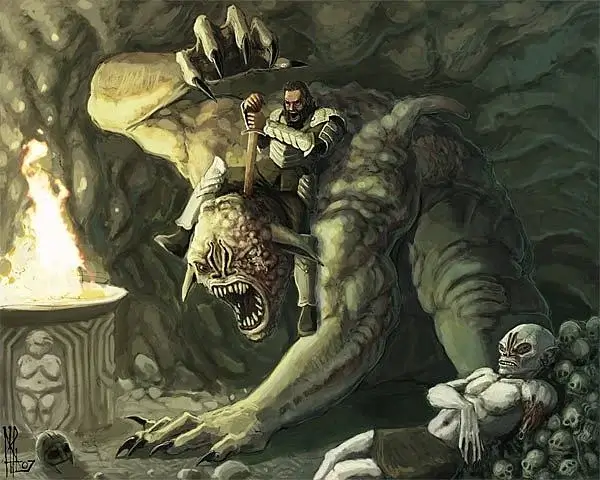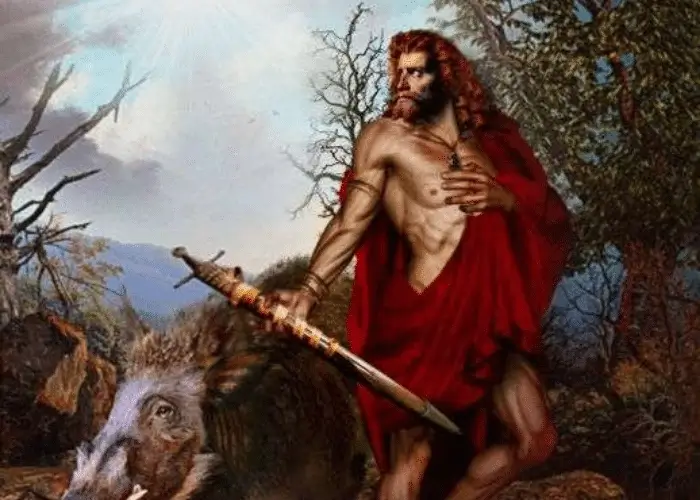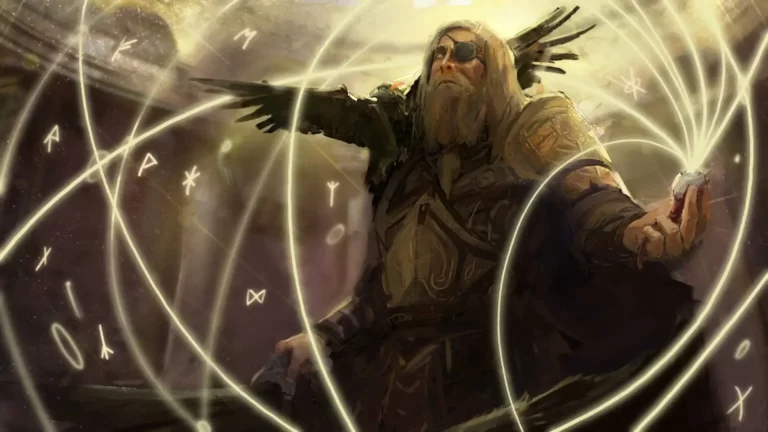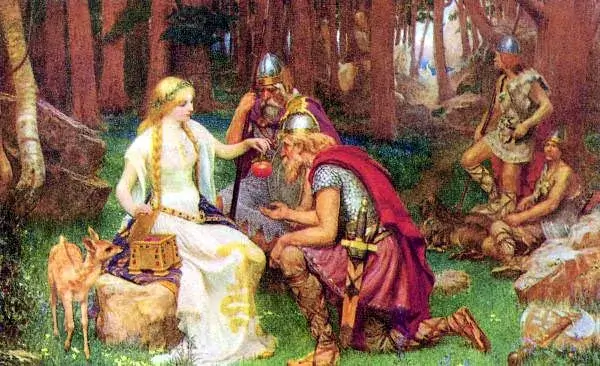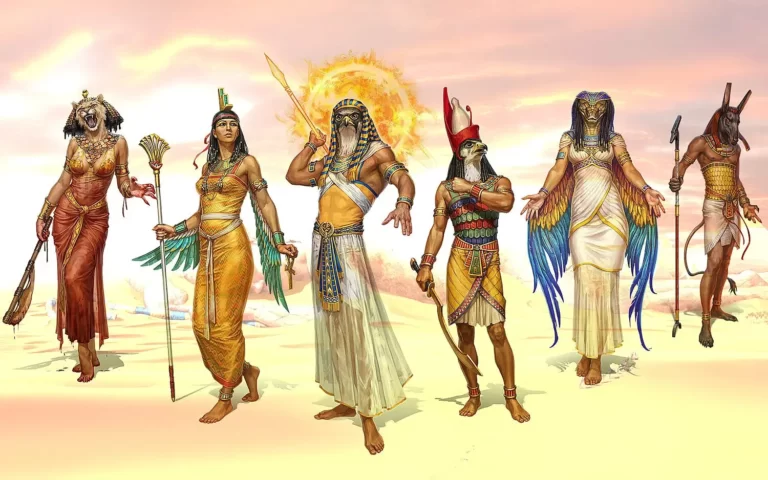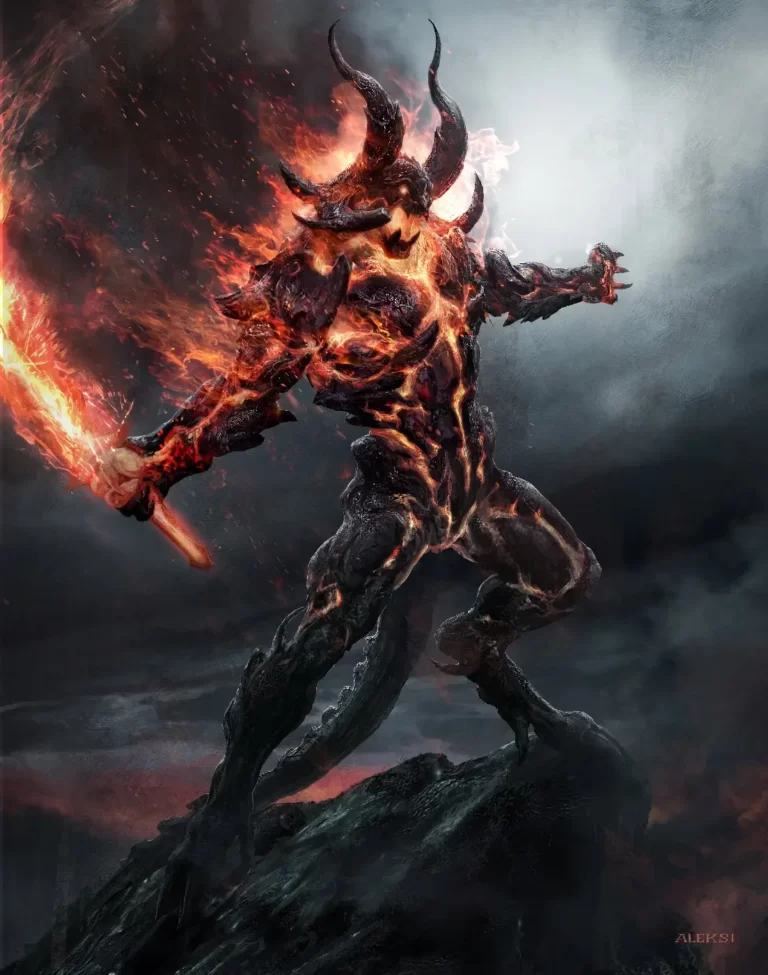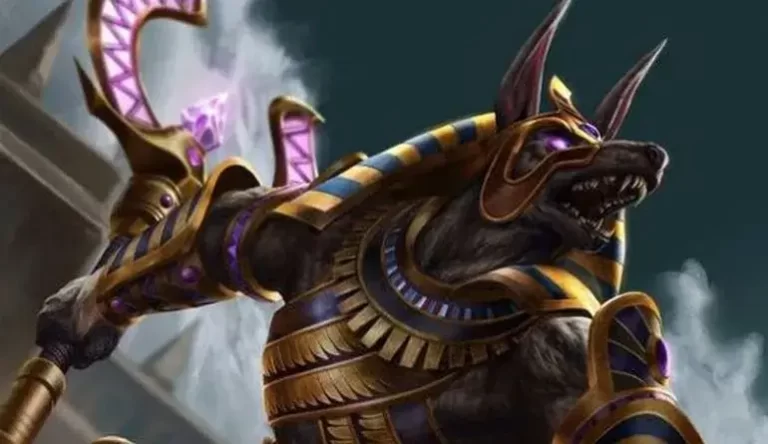Beowulf Greek Mythology
Beowulf is an Old English epic poem that tells the story of a young Scandinavian warrior who defeats many monsters, including the dragon that terrorizes his homeland. The poem has its roots in ancient Germanic mythology, and many of its characters and events are drawn from Norse mythology and other Germanic traditions.
Greek mythology is one of the oldest known mythologies. It was originally orally transmitted through songs and poems before being written down. Greek mythology tells the stories of gods and goddesses, heroes and heroines, monsters and mortals. These stories explain the natural world and human experience. Many famous works of art, literature and film have been inspired by Greek mythology.
Beowulf and Greek mythology
There are many similarities between the epic poem Beowulf and Greek mythology. Both involve heroic protagonists who go on courageous journeys to defeat powerful enemies. The heroes in both Beowulf and Greek mythology are often aided by supernatural forces, such as gods and goddesses. Both Beowulf and Greek mythology also feature prominently dragons, which are usually slain by the heroes. In both cases, the slaying of dragons is seen as a great accomplishment.
One of the most famous dragons in Greek mythology is Typhon, who was defeated by Zeus. Zeus is also said to have killed the Minotaur, another creature with dragon-like features. These two stories share many similarities with Beowulf, in which the hero slays two powerful enemies: Grendel and Grendel’s mother. Another similarity is the fact that both stories feature a magical sword. In Greek mythology, Perseus can defeat Medusa with a magic sword given to him by Hermes. Beowulf s sword also has magical powers which enable him to slay Grendel and Grendel s mother.
Beowulf: poem and story
Most people know the story of Beowulf from the famous poem, but few know that the poem is based on actual events. The poem tells the story of a great warrior who defeats a monster and saves a kingdom from destruction.
The original story of Beowulf comes from Scandinavia and was first written down in the 8th century. The poem was probably written in England sometime between the 8th and 11th centuries. It is one of the most important works of Anglo-Saxon literature and has been translated into many languages.
The story of Beowulf has been popular for centuries and has even been made into a movie. If you’re interested in learning more about this epic hero, be sure to check out the poem and the movie.
The poem: what are its main features?
The poem Beowulf is one of the most famous examples of Anglo-Saxon literature. Written in Old English, the poem tells the story of the heroic warrior Beowulf and his battles against monsters and dragons. One of the poem’s most famous features is its use of alliteration, which creates a rhythmical and musical effect. The poem also contains many elements of pagan mythology, such as references to Norse gods and goddesses. Despite its age, Beowulf remains a popular and influential work of literature.
The Beowulf story: what happens in it?
Beowulf is a character from Greek mythology who was known for his courage and strength. He was said to have fought and defeated many monsters, including the famous dragon. Beowulf was also known for his loyalty to his friends and family.
In the story of Beowulf, a titular character is a man who goes on a quest to save a kingdom from a monster. He ultimately succeeds in defeating the creature but dies in the process. The story is significant for its themes of heroism and sacrifice.
Beowulf’s Monsters: Grendel and his mother
Grendel is one of the three monsters that Beowulf battles in the epic poem named after him. Grendel is a giant, man-eating creature that terrorizes the kingdom of Hrothgar every night. The only thing that can stop Grendel is the sword of Beowulf.
Beowulf’s second monster is Grendel’s mother. She is an even more fearsome creature than her son and she lives in a cave under a lake. Beowulf has to dive into the lake and fight her in her own element. He defeats her with a sword that he finds in her cave.
The third monster that Beowulf battle is a dragon. This is the most difficult battle of all because the dragon breathes fire and has wings. Beowulf defeats the dragon but dies in the process.
Beowulf as an epic hero: what makes him one?
An epic hero is a central figure who has superior qualities and risks personal danger to pursue a grand quest. Beowulf is a great epic hero because he performs many brave deeds such as risking his life for the greater good of society and is significant and glorified by all people. He is also an excellent warrior and leader which are both important characteristics of an epic hero.
The dragons in Beowulf: Fire-breathing beasts
When it comes to dragons, Beowulf is not your typical story. In this tale, the dragons are fire-breathing beasts that terrorize the kingdom. While most dragon stories end with the hero slaying the dragon and saving the day, Beowulf takes a different approach. Instead of slaying the dragons, Beowulf makes a deal with them. He agrees to kill a monster in exchange for treasures from their hoard. This unique take on dragons makes Beowulf stand out from other tales of its kind.
Anglo-Saxon culture and mythology
Beowulf is a classic example of a hero who embodies the ideal characteristics of strength, courage, and loyalty. He is often compared to Achilles from Greek mythology, another great warrior who displayed these same qualities. Beowulf’s journey takes him from his homeland in Scandinavia to the land of the Danes, where he defeats the monster Grendel and becomes a celebrated hero. Like Achilles, Beowulf faces his own tragic flaw—overconfidence—which eventually leads to his death.
Christian elements in Beowulf
There are many elements of Christianity in Beowulf. One example is when Beowulf fights the dragon, he is fighting for good against evil. This can be seen as a metaphor for the fight between God and Satan. Another example is when Beowulf dies, he goes to heaven, which is a Christian belief. There are also several references to God throughout the poem.
Comparison of Beowulf and Greek heroes
Greek heroes were often demigods, people with one human parent and one godparent. They had superhuman strength and abilities. Beowulf, on the other hand, was a mortal man with great strength and courage. He fought against monsters and dragons using only his sword and his bare hands. While both types of heroes are brave and heroic, they have different powers and abilities.
Significance of Beowulf today: why is the poem still relevant?
Beowulf is one of the most popular and enduring works of literature from the Anglo-Saxon period. The poem tells the story of the heroic deeds of the titular character, who battles monsters and dragons. While Beowulf is set in a specific time and place, its themes and messages are still relevant today.
The poem speaks to the human condition, exploring concepts like courage, determination, and loyalty. Beowulf also highlights the importance of maintaining one’s personal integrity and doing what is right, even when it is difficult. These are timeless themes that continue to resonate with readers today.
In addition, Beowulf provides a window into Anglo-Saxon culture and society. The poem gives insights into their values, beliefs, and customs. It also contains many elements of their mythology and religion. Beowulf is filled with references to Anglo-Saxon culture and religion, including the pagan gods Woden and Thunor, their beliefs in the afterlife, magic, and the role of fate.
Conclusion: final thoughts on Beowulf
The conclusion of Beowulf is both powerful and touching. After fighting bravely for years, Beowulf finally meets his end in a battle with a dragon. Although he dies, he defeats the dragon and saves his people. His heroic deeds are remembered by all who knew him and he is truly missed.
